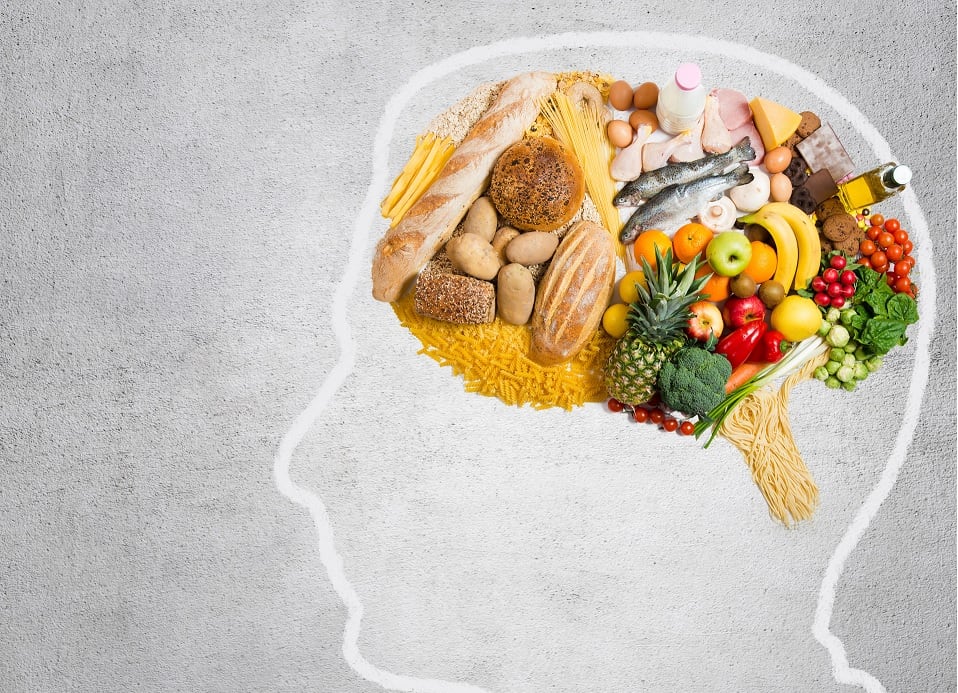The researchers found significant changes to vitamin A levels within the liver following alterations to a class of retinoids (compounds that derive from vitamin A) in the hypothalamus (the brain's control coordinating center).
“This study is the first evidence that the brain can sense retinoids, and through this, regulate whole-body retinoid balance. This supports the concept that the brain may sense retinoids and influence whole-body vitamin A homeostasis with a possible 'vitaminostatic' role,” the report concludes.
Professor Peter Mccaffery, a key scientist involved in the research, tells Nutraingredients: “It has always been known that determining vitamin A deficiency is complex, because the liver’s size means that a simple measurement of circulating vitamin A may not show if the liver is close to depletion.
“If we can, in the future, determine the mechanism by which the brain signals to control vitamin A levels, we may have new tools to accurately determine levels of deficiency,” he stresses.
Vital vitamin
Vitamin A is an essential fat-soluble micronutrient stored within the body, with functions ranging across immunity, the visual system, and reproduction. It’s storage characteristics enable for a constant blood concentration to be maintained in the form of retinol (ROL), providing supply to cells even in times of short-term deficiency.
Yet, it is still not clear how this constant vitamin A concentration is maintained. It has been theorised that this may result from a simple feedback loop involving the liver; the key storage organ for vitamin A. However, there has been evidence suggesting extra-hepatic control which may involve the hypothalamus in this process, due to its involvement in the regulation of physiological balance.
It has been identified that sensors for ROL exist in the hypothalamus via tanycytes which make up the blood- cerebrospinal fluid (CSF) barrier.
Despite this, the involvement of the brain for the control of vitamin A homeostasis within the body has not been investigated. Thus, the researchers sough to investigate this potential association.
Study specifics
The researchers increased vitamin A levels in the form of retinol (ROL) or retinoic acid (RA) within rat models. This was conducted through injections administered into the 3rd ventricle of the brain, or through the alteration of retinoids within the hypothalamus through retinol-binding protein 4 (Rbp4).
Following this, ROL, RA, and storage retinyl esters (the most abundant form of vitamin A in most tissues) were measured in the blood, liver, and further storage organs.
It was observed that retinoid injections into the 3rd ventricle resulted in alterations in vitamin A homeostasis genes and proteins in the liver within a six-hour period. In addition, the Rbp4 knockout also resulted in significant ROL level changes within the liver through long-term retinoid balance changes in the hypothalamus.
Implications
With regards to the implications of the research, Mccaffery explains: “Our study suggests that the brain controls vitamin A, and this perhaps applies to other vitamins. The obvious vitamin to examine is vitamin D, which the body can make itself, and in some ways acts like a hormone. The hypothalamus of the brain is well known to control hormones and so the idea that vitamin D is also under control by the brain is quite plausible.”
He emphasises that the study must be replicated in humans to confirm the findings, and further understand the role of hypothalamus in vitamin A homeostasis.
“A further area for future research will be identifying people who have disrupted vitamin A balance because of problems in the system of brain control that we have identified in our study. A person may have a diet plentiful in vitamin A, but it is not being correctly distributed in the body and they may need additional supplementation,” he adds.
Source: iScience
https://doi.org/10.1016/j.isci.2023.107373
“Control by the brain of vitamin A homeostasis”
Peter I. Imoesi, Cristian M. Olarte-Sánchez, Lorenzo Croce, Peter J. Morgan, Lora Heisler, Peter McCaffery

